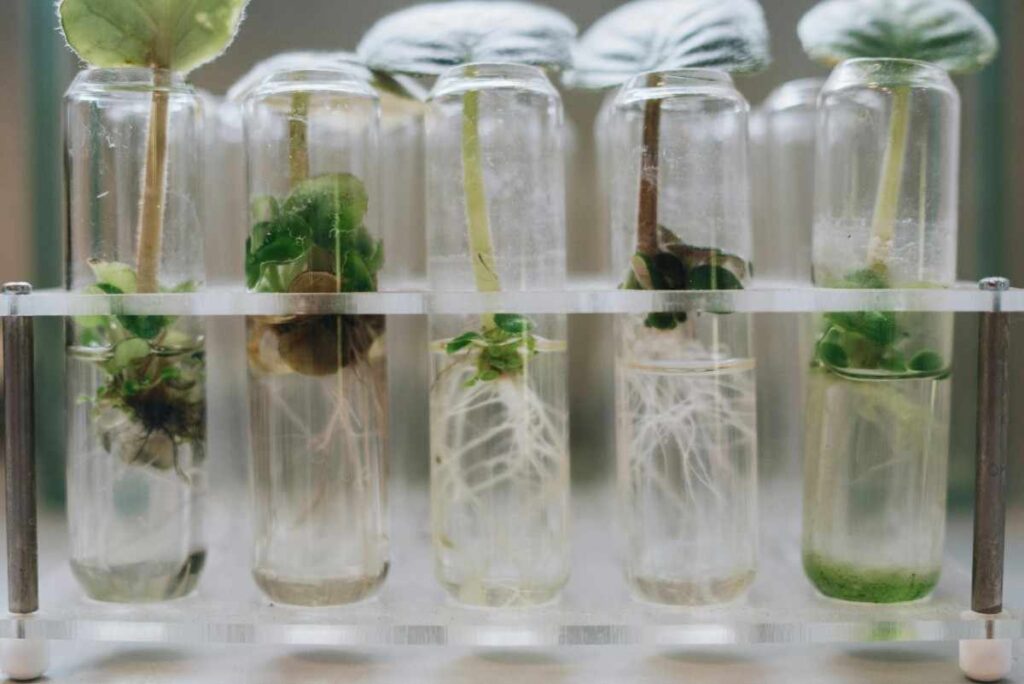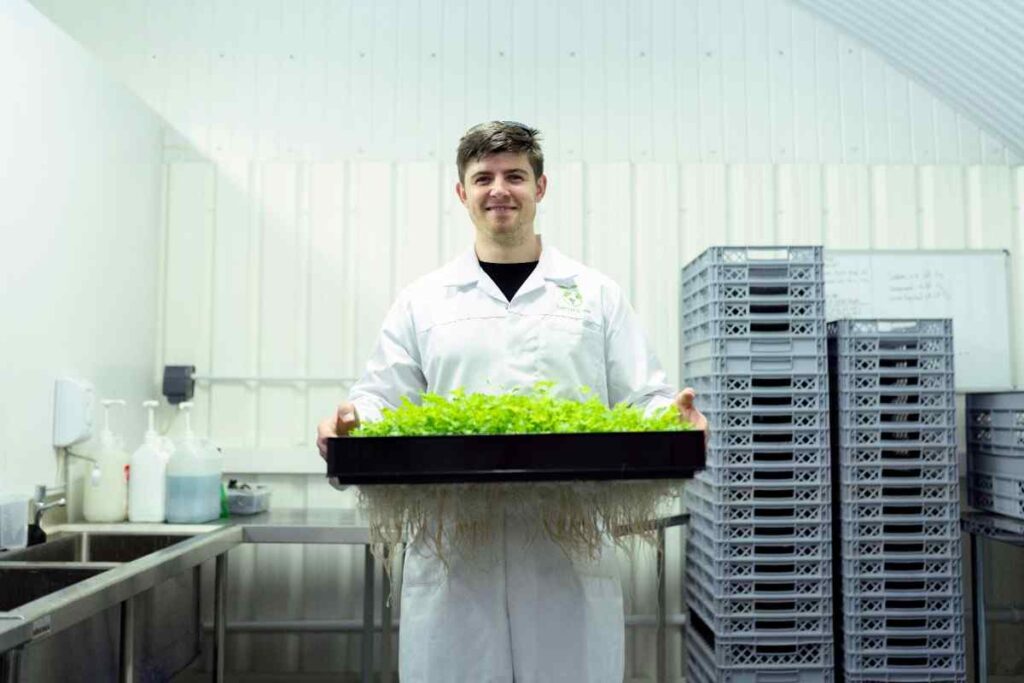Introduction: Seeding Innovation for a Thriving World
Agricultural biotechnology is a cutting-edge field that harnesses biological processes to revolutionize farming and food production. If you’re passionate about science, sustainability, or feeding a growing global population, this profession offers an exciting and impactful career path. As the world faces challenges like climate change and food security, agricultural biotechnologists are at the forefront of innovation. Aime Connect, our education portal, is committed to guiding you toward success in this dynamic industry. By enrolling, you gain access to expertly designed courses and resources tailored to your ambitions. Let’s explore what agricultural biotechnology entails, how to become a professional, and how Aime Connect can empower your journey.
What is Agricultural Biotechnology? Pioneering Progress in Agriculture
Agricultural biotechnology involves using scientific tools, such as genetic engineering and molecular biology, to enhance crops, livestock, and farming practices. It includes developing genetically modified organisms (GMOs), biofertilizers, and disease-resistant plants to boost productivity and sustainability. Moreover, the field leverages techniques like CRISPR and tissue culture to address challenges like drought, pests, and nutrient deficiencies. This discipline also promotes eco-friendly practices by reducing pesticide use and improving soil health. Additionally, it plays a vital role in ensuring food security and supporting rural economies. Consequently, agricultural biotechnology appeals to those who value innovation and environmental stewardship. By pursuing this field, you contribute to a resilient and sustainable global food system.

How to Become a Professional? Cultivating Your Biotech Career
To become a professional in agricultural biotechnology, a strong educational foundation is essential. Begin by enrolling in a degree program in biotechnology, molecular biology, or agricultural science with a focus on biotech applications. Additionally, gaining hands-on experience through internships in research labs, seed companies, or agricultural firms is crucial for skill development. Networking with industry experts and joining biotech associations can open doors to opportunities. Furthermore, staying updated on advancements like gene editing or synthetic biology is vital. Aime Connect offers specialized courses that blend theoretical knowledge with practical training, ensuring you’re industry-ready. By following this roadmap, you can establish yourself as a skilled biotechnologist, ready to innovate in agriculture.
What Skills Are Needed? Engineering Your Expertise
Success in agricultural biotechnology requires a diverse skill set. Analytical skills are critical for designing experiments, analyzing genetic data, and interpreting research outcomes. Additionally, problem-solving abilities help tackle complex issues like developing pest-resistant crops or improving yield efficiency. Technical skills, such as proficiency in lab techniques, bioinformatics, or gene-editing tools, are essential in modern biotech. Communication and collaboration are also vital, as you’ll work with scientists, farmers, and policymakers. Moreover, adaptability and a commitment to ethical practices will set you apart. Aime Connect’s courses emphasize these skills, offering training in molecular techniques, data analysis, and sustainable biotech applications. By mastering these abilities, you’ll thrive in this rapidly evolving field.
Refer Me Some Related Courses: Sprouting Your Knowledge Base
Aime Connect offers a variety of agricultural biotechnology courses tailored to your career goals. Beginners can start with foundational programs in genetic engineering or plant biotechnology. For intermediate learners, courses in crop improvement, bioinformatics, or microbial biotechnology provide specialized insights. Advanced programs, such as gene editing with CRISPR or bioprocessing for agriculture, cater to those seeking expertise. Additionally, workshops on emerging trends like precision agriculture or biofortification keep you ahead of the curve. Each course is crafted by industry experts to ensure practical relevance. By enrolling, you gain access to interactive modules and expert mentorship, empowering you to excel in agricultural biotechnology. Explore these options on Aime Connect to find the perfect fit.
Scope of Job/Placement: Harvesting a Wealth of Opportunities
Agricultural biotechnology offers diverse career paths, from research scientists to biotech consultants and product developers. Professionals can work in seed companies, research institutions, or ag



